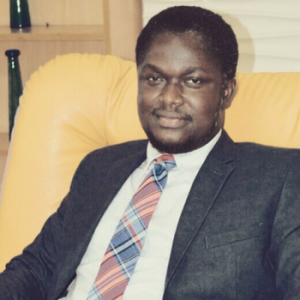
Greetings to the good people of Rivers State and welcome to another episode of Rivethics on Radio, our character-building weekend show. Please remember the words of the late Kofi Anan, former UN Secretary General, that “literacy is a bridge from misery to hope.” This episode is in commemoration of the United Nations’ International Literacy Day celebrated globally today, September the 8th.
Since 1967, International Literacy Day celebrations have taken place annually around the world to remind the public of the importance of literacy as a matter of dignity and human rights, and to advance the literacy agenda towards a more literate and sustainable society.
Today, worldwide, 750 million young people and adults still cannot read and write – and among them, two-thirds are women. According to the UNESCO Director General, Ms. Audrey Azoulay, “Literacy is the first step towards freedom, towards liberation from social and economic constraints. It is the prerequisite for development, both individual and collective. It reduces poverty and inequality, creates wealth, and helps to eradicate problems of nutrition and public health”
In today’s world, globalisation and fast-advancing digital technology are transforming ways in which people work, live and learn, and are generating new skill demands and lifelong learning needs. They are also influencing ways in which education and learning are organised and managed, involving multiple actors, including governments, NGOs, communities and the private sector.
For this year’s theme “Literacy and Skills Development”, ‘skills’ refer to “knowledge, skills and competencies required for employment, careers, and livelihoods, particularly technical and vocational skills, along with transferable skills and digital skills,” as provided in a 2012 UNESCO Report. Furthermore, the Sustainable Development Goals (SDGs) have generated new impetus for collective efforts to address skills challenges and skills mismatch as universal issues.
In our homes, schools, places of worship, communities, we must emulate the global approach of addressing the skills gap and improve literacy beyond the traditional knowledge to read and write. And today, we acknowledge all Rivers institutions, agencies, NGOs and organisations who have adopted such initiatives to better empower people for sustenance and growth. Rivethics honours you, as you lay the foundation for feasible sustainable development in our dear State.
Our guest speaker today is Engr. Robinson Tombari Sibe, an Information Technology specialist, and he will be sharing with us his insights on the theme. Please enjoy the episode.
Our smart Rivers people, remember to always let your manners speak for you.
God bless and keep you and your families. And God bless Rivers State.
From Her Excellency,
Justice Eberechi Suzzette Nyesom-Wike,
The Wife of His Excellency,
Nyesom Ezenwo Wike CON. GSSRS. POS (Africa).
You can also listen to and download the Pidgin English version of this Episode below
